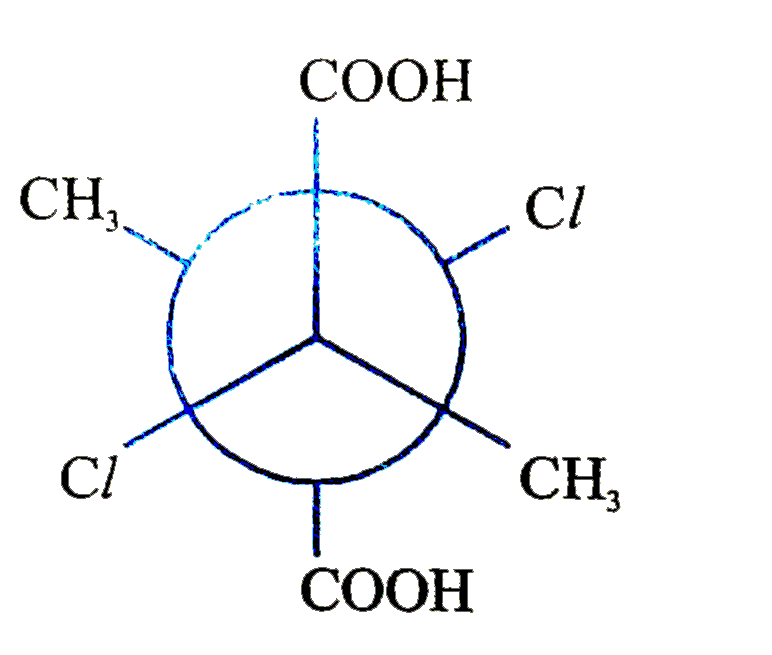The normal boiling point of a liquid X is 400 K. Which of the following statement is true about the process X(l)→X(g) ?
A
at 400 K and 1 atm pressure ΔG=0
B
at 400 K and 2 atm pressure ΔG=+ve
C
at 400 K and 0.1 atm pressure ΔG=−ve
D
at 410 K and 1 atm pressure ΔG=+ve
Video Solution
Text Solution
The correct Answer is:A, B, C

x(l)⇔x(g)T0b=400K
(a) At 400 K and 1 atm pressure
ΔG=0
(b) at 2 atm and 400 K, ΔG=+ve
(c ) at 400 K and 0.1 atm pressure, ΔG=−ve
(d) at 410 K and 1 atm pressure, ΔG=−ve
|
Updated on:21/07/2023
Topper's Solved these Questions
- BOOK - NARENDRA AWASTHICHAPTER - THERMODYNAMICSEXERCISE - Level 1 (Q.1 To Q.30)6videos
THERMODYNAMICS
- BOOK - NARENDRA AWASTHICHAPTER - THERMODYNAMICSEXERCISE - Level 1 (Q.31 To Q.60)2videos
THERMODYNAMICS
- BOOK - NARENDRA AWASTHICHAPTER - STOICHIOMETRYEXERCISE - Level 3 - Subjective Problems20videos
STOICHIOMETRY
Similar Questions
Knowledge Check
- Question 1 - Select One
The normal boiling point of a liquid 'X' is 400 K.Which of the following statement is true about the process X(l)→X(g) ?
AAt 400 K, and 1 atm pressure ΔG=0BAt 400 K, and 2 atm pressure ΔG=+veCAt 400 K, and 1 atm pressure ΔG=0DAt 400 K, and 1 atm pressure ΔG=0 - Question 2 - Select One
The normal boiling point of a liquid X is 400 K. Which of the following statement I dtrue about the process X(l)→X(g) ?
AAt 400 k and 1 atm pressure ΔG=0BAt 400 k and 2 atm pressure ΔG=+veCAt 400 k and 0.1 atm pressure ΔG=−veDAt 410 k and 1 atm pressure ΔG=+ve - Question 3 - Select One
The normal boiling point of a liquid A is 300K. Which of the following statement is false about the process: A(l)→A(g)?
Aat 300K and 1 atm pressure ΔG=0Bat 300K and 2atm pressure ΔG=+veCat 300K and 0.1 atm pressure ΔG=−veDat 310K and 1 atm pressure ΔG=+ve
Which of the following statements is true about the following conformer (X)
 View Solution
View SolutionWhich of the following statements about liquid nitrogen is true
View SolutionWhich of the following statements about liquid nitrogen is true
View SolutionWhich of the following statements is/are true about the gravitational constant G?
View Solutionwhich of the following statement about xrays is false?
View Solution

